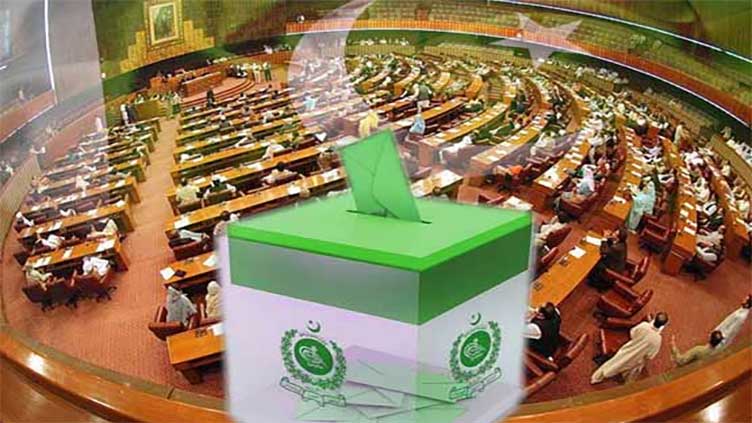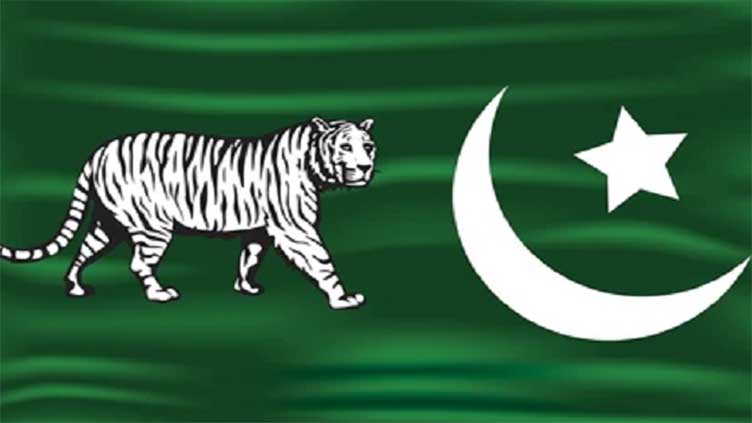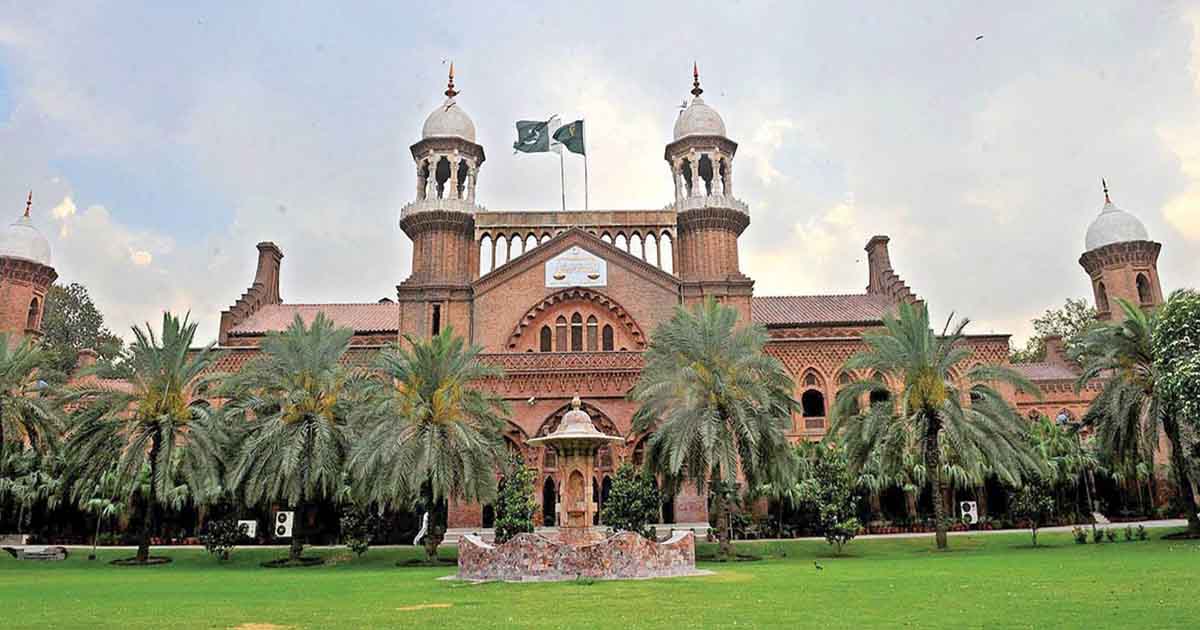The PPP and PML-N, the coalition partners, won elections for 19 Senate seats in Punjab, Sindh, and Islamabad. However, the election for 11 seats in Khyber Pakhtunkhwa was postponed because the speaker of the KP Assembly refused to give oaths to the women and minority lawmakers-elect from the PML-N who were running for reserved seats.
With 11 victories, the PPP secured the most seats, with six going to the Pakistan Muslim League-Nawaz. One seat was won by the MQM-Pakistan, and another seat was won by an independent candidate.
Nineteen Senate seats were up for election, including two from Islamabad, five from Punjab, and twelve from Sindh. Voting was open from 9 a.m. to 4 p.m.
ISALABAD
With 224 votes, PPP candidate Rana Mahmoodul Hassan won the general seat from Islamabad; Farzand Hussain Shaqh, an independent, received 79 votes.
Ishaq Dar of the PML-N won the technocrat position with 222 votes, while Ansar Kiyani, an independent, garnered 81 votes. Seven votes were disqualified for each of the general and technocrat seats during the counting process.
SINDH
In Sindh, the PPP was able to win five general seats, two seats for women, two seats for technocrats, and one seat for a minority.
Quratulain Marri of the PPP and Rubina Khalid of the PPP received 59 and 58 votes, respectively, to secure Senate seats. Sarmad Ali of the PPP and Barrister Zamir Ghumro of the Conservative Party received 59 and 58 votes, respectively, to win the technocrat seat. Regarding the general seats, Ashraf Jatoi received 22, Masroor Ahsan received 21, Nadeem Bhutto received 21, and Kazim Ali of the PPP received 21 votes.
Ponjomal Bheel won the minority seat with 117 votes, while Dost Ali Jaisar received 21 votes to win.
Independent candidate Faisal Vawda received 21 votes to win one of the two Sindh general seats, while MQM candidate Amir Chishti also received 21 votes to win the other seat.
PUNJAB
Masood Malik won the technocrat seat with 121 votes, while Mohammad Aurangzeb received 128 votes. With 253 votes, PML-N’s Khalil Tahir won the minority seat; Anusha Rahman and Bushra Anjum Butt won the women’s seat with 125 and 123 votes, respectively.
Balochistan
Without any opposition, all 11 Senate candidates from the Balochistan Assembly have been elected.
PAKHTUNKHWA, KHYBER
The controversy surrounding the KP Assembly speaker’s unwillingness to administer the oath to women and minority lawmakers-elect from the Pakistan Muslim League-Nawaz (PML-N) on the reserved seats has caused the Senate elections for 11 seats in Khyber Pakhtunkhwa to be postponed.
The Pakistani Election Commission earlier finished all of the preparations for the country’s Senate elections, which are set for this Tuesday. There were up to 59 individuals vying for the Senate seat.
PARTY POSITIONS
Following the elections, the PPP has 24 seats in the Senate, more than any other party. The PML-N and PTI are next, each with 19 seats. The Awami National Party has three seats, the Balochistan Awami Party has four, and the Jamaat-e-Islami has five. Eleven other members have also been successful in becoming senators.
DISPLAY OF SEATS
The federal capital’s one general seat, one technocrat seat, two women’s seats, two technocrat/ulema seats, and one non-Muslim seat from Punjab were all up for election. Elections were also held in Sindh for seven general seats, two women’s seats, two technocrat/ulema seats, and one non-Muslim seat.
Elections were also scheduled to be held in Khyber Pakhtunkhwa for seven general, two women, and two technocrat seats.
There were 29 general seats up for election, 8 female members, 9 technocrat/ulema seats, and 2 non-Muslim seats.
PAPERS FOR BALLOT
For the Senate elections, ballot papers were printed in four distinct colours. For general seats, white papers were used; for technocrat seats, green; for women’s seats, pink; and for minority seats, yellow.
For the open seats, 147 applicants filed their candidature papers, according to the ECP. Seven of them were from the general seats in Punjab, and eighteen of them were elected without opposition.
Similar to this, there was no opposition faced by senators running for seven general seats, two women’s seats, and two ulema/technocrat seats in Balochistan.
The elections, according to the ECP, were held to fill the seats left empty by the retirement of half of the incumbent senators on March 12. Elections were held for 48 senatorial seats after the 52 senators served their full six-year terms and resigned.
After Khyber Pakhtunkhwa merged with the erstwhile Federally Administered Tribal Areas (FATA) regions, four seats were eliminated.
As a result, there are now 96 Senate seats instead of the original 100. A comprehensive code of conduct for political parties and candidates was recently released by the ECP in advance of the Senate elections.
GUIDELINES FOR CONDUCT
The objective of the code was to ensure impartiality, honesty, and equity during the voting procedure. Political parties and the candidates running in the elections were subject to strict guidelines enforced under the code of conduct.
They were forbidden from engaging in corrupt or unlawful acts and asked to refrain from stirring up controversy surrounding the electoral watchdog. Furthermore, it was strictly prohibited for public office holders to assist in influencing the results of elections.

 Latest News3 days ago
Latest News3 days ago
 Latest News3 days ago
Latest News3 days ago
 Latest News3 days ago
Latest News3 days ago
 Latest News3 days ago
Latest News3 days ago
 Latest News3 days ago
Latest News3 days ago
 Entertainment3 days ago
Entertainment3 days ago
 Latest News3 days ago
Latest News3 days ago
 Latest News3 days ago
Latest News3 days ago






















